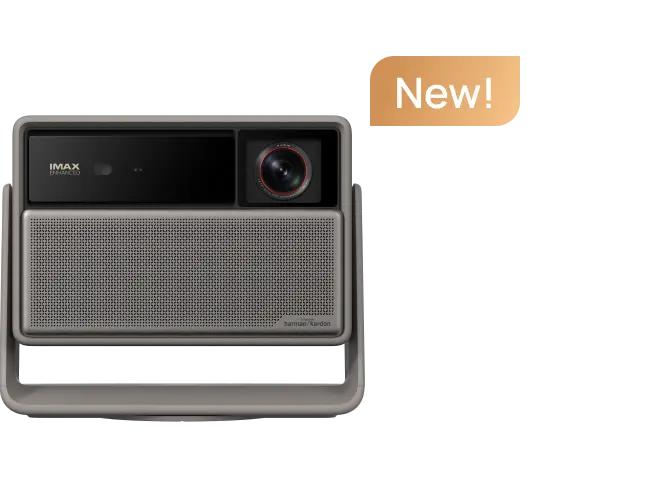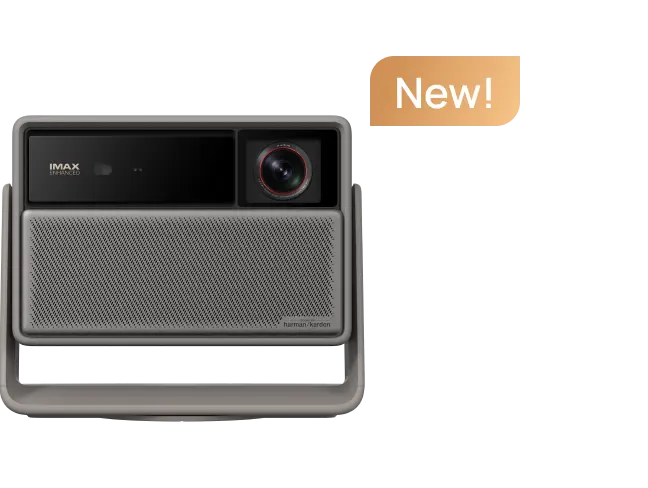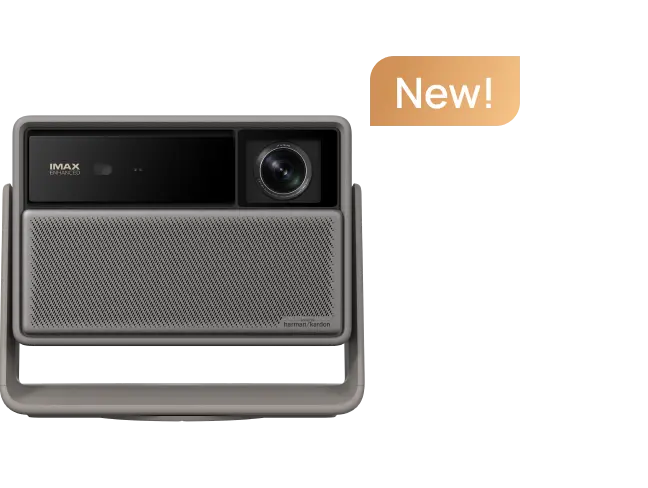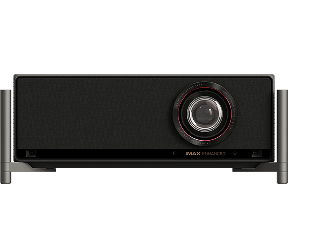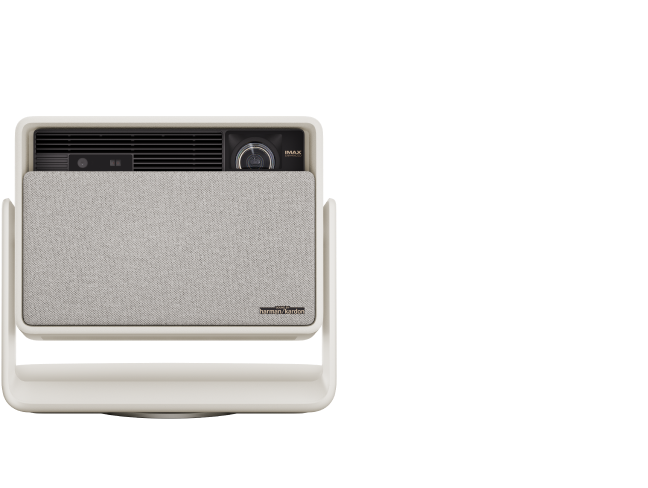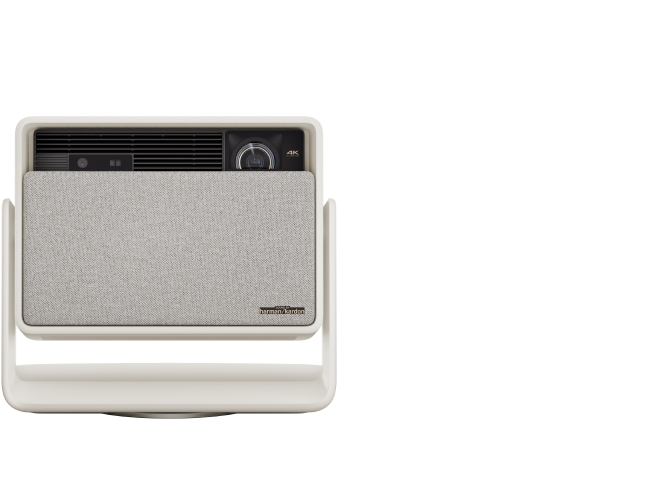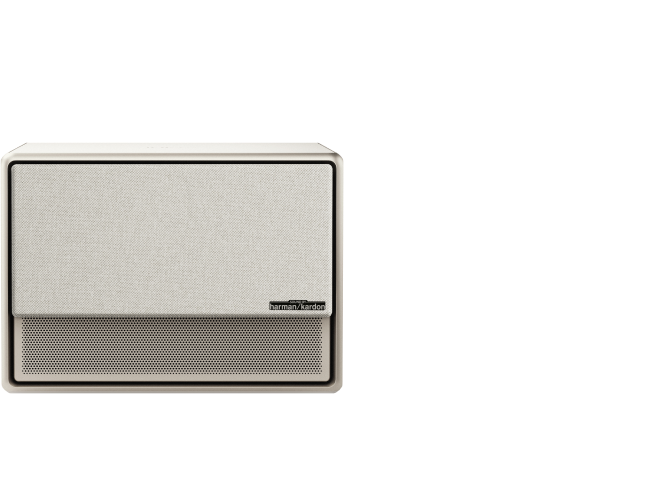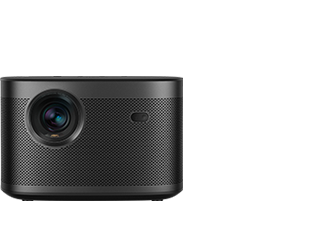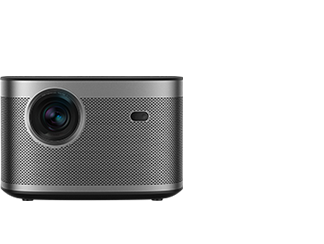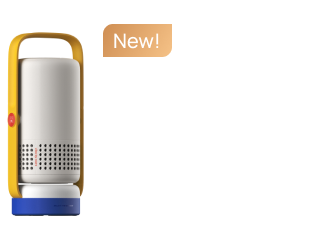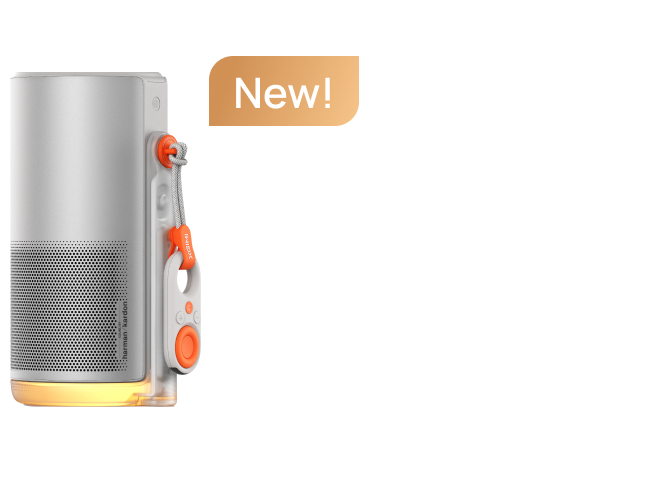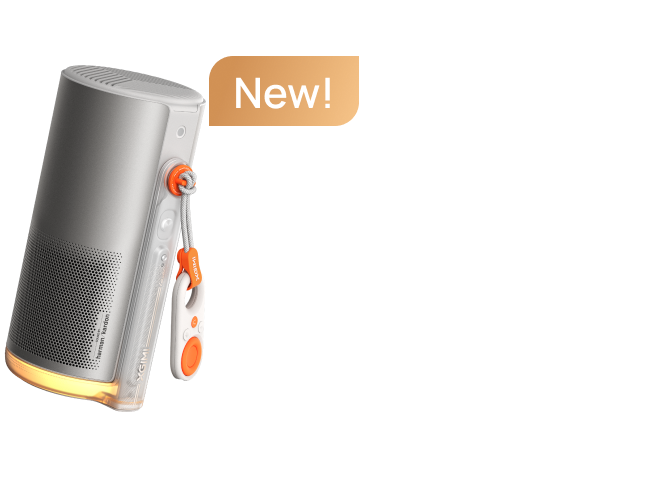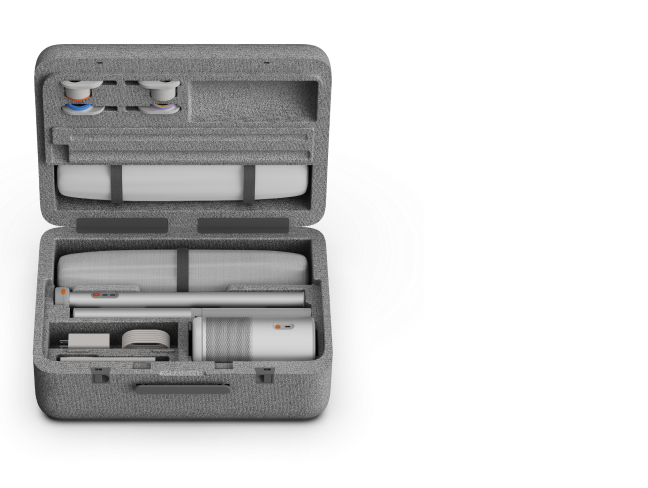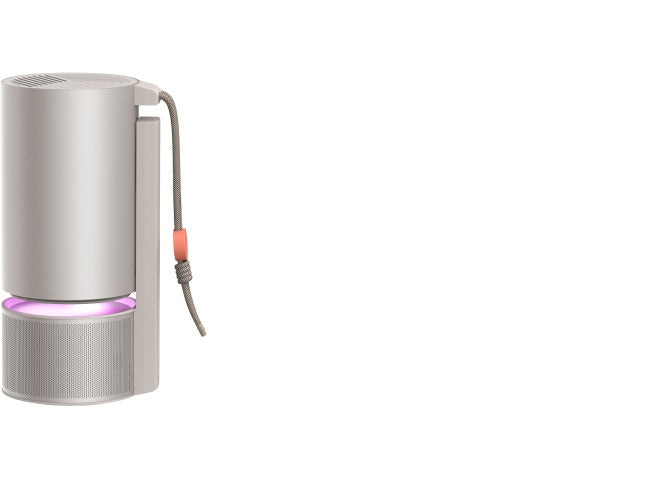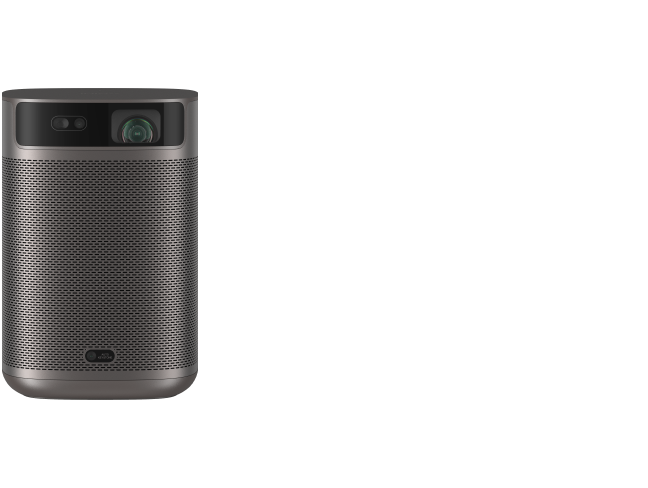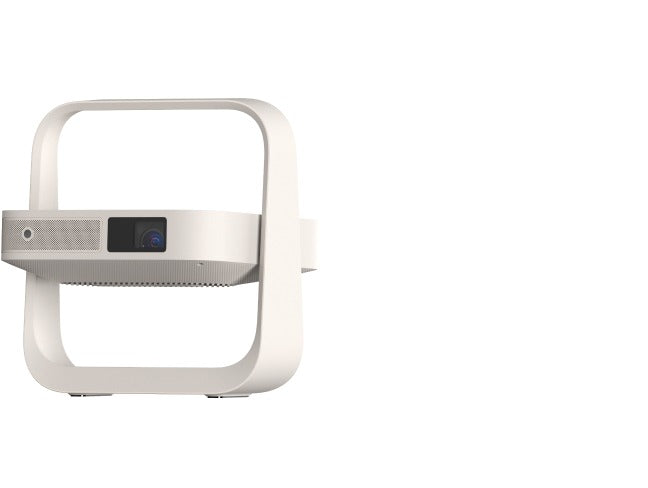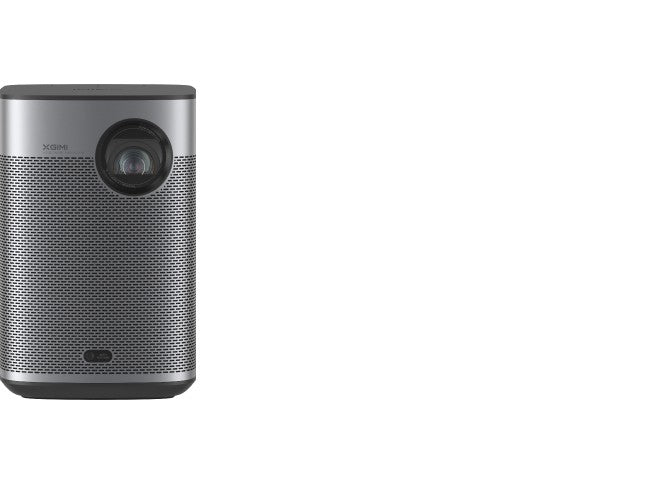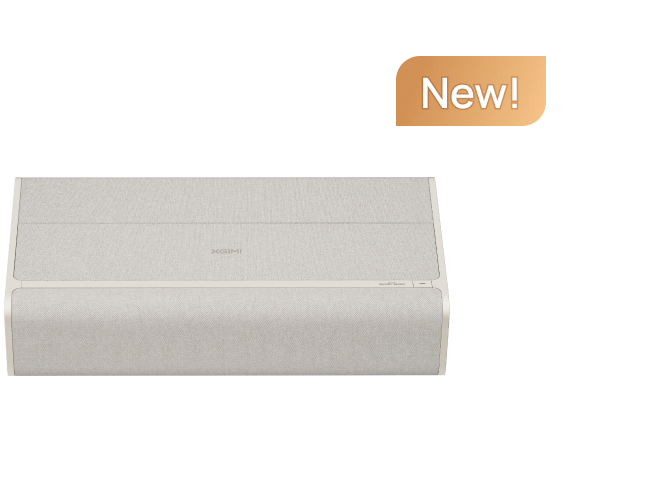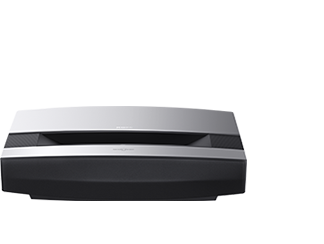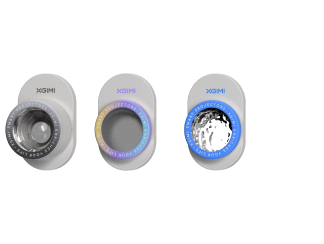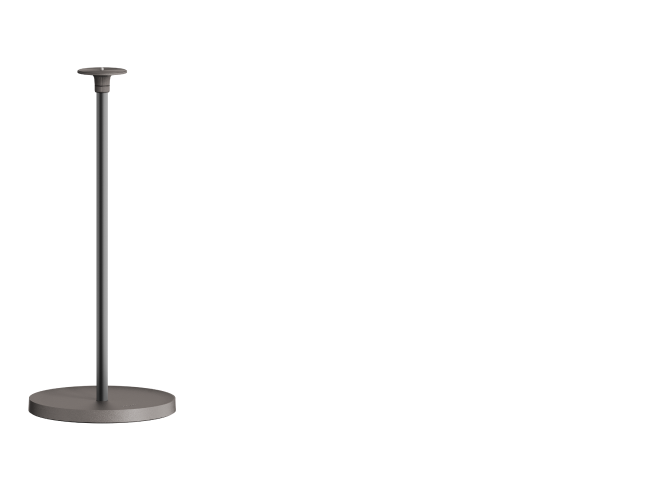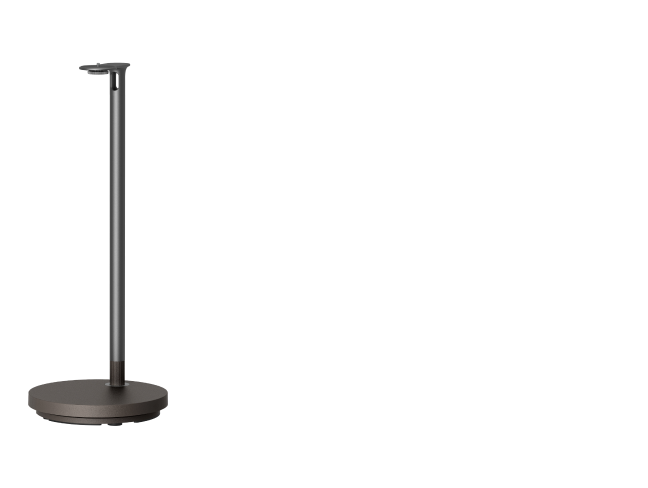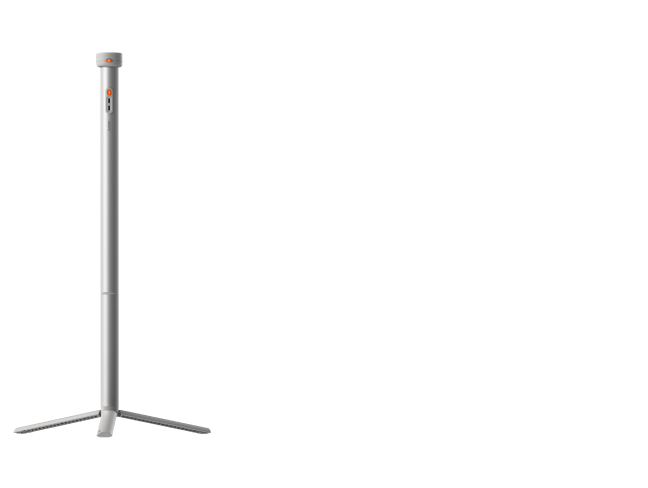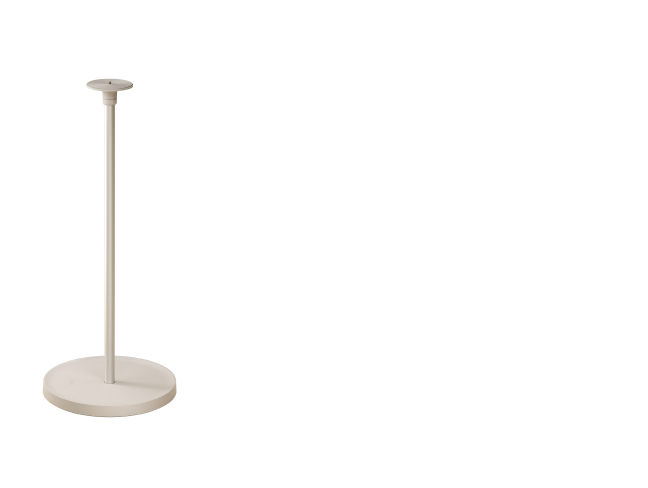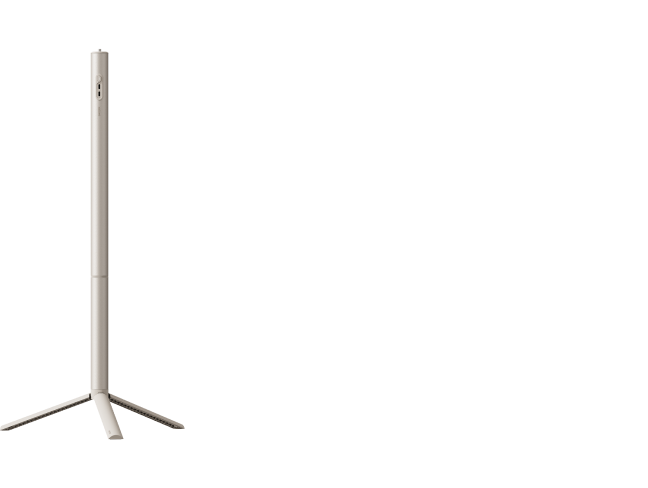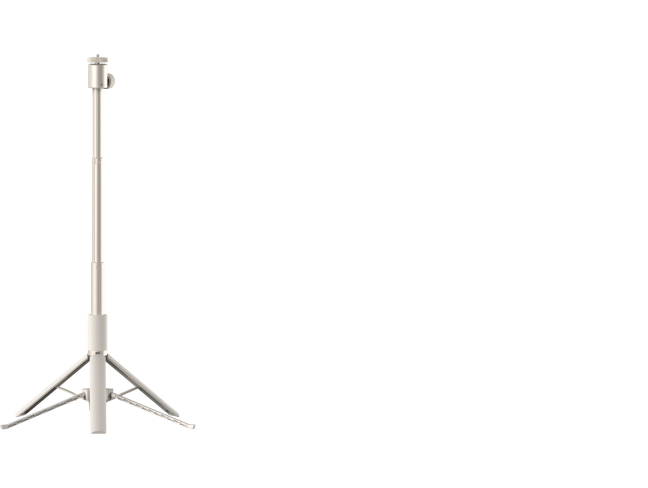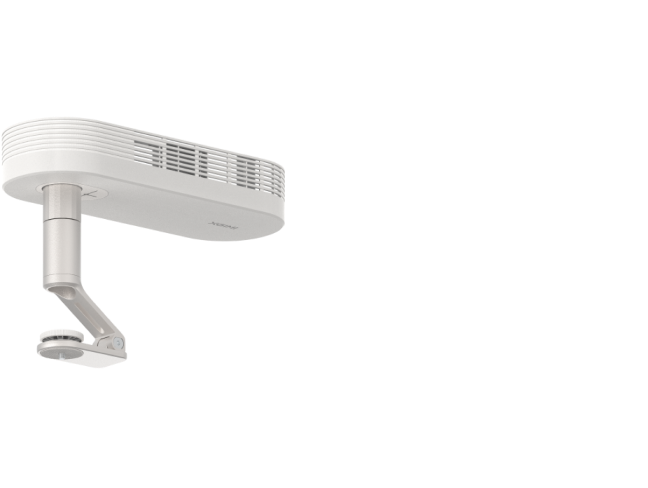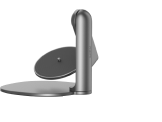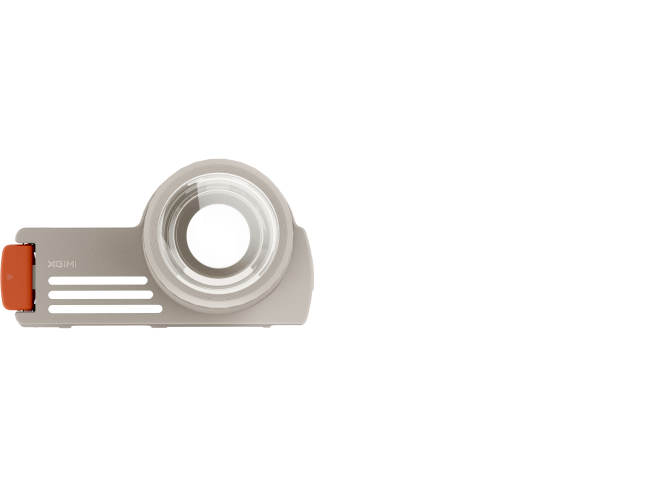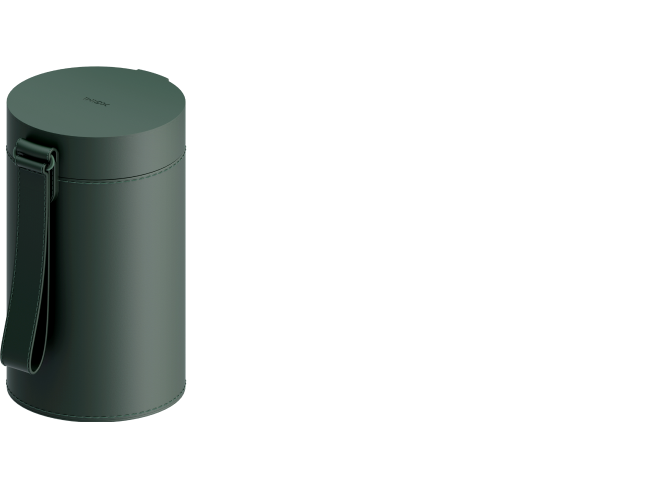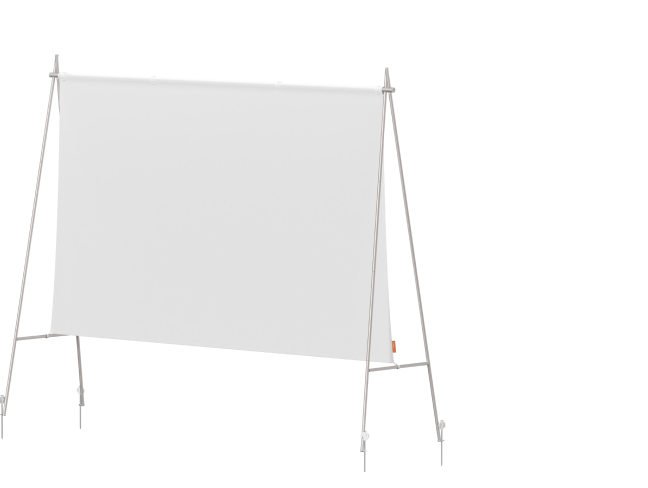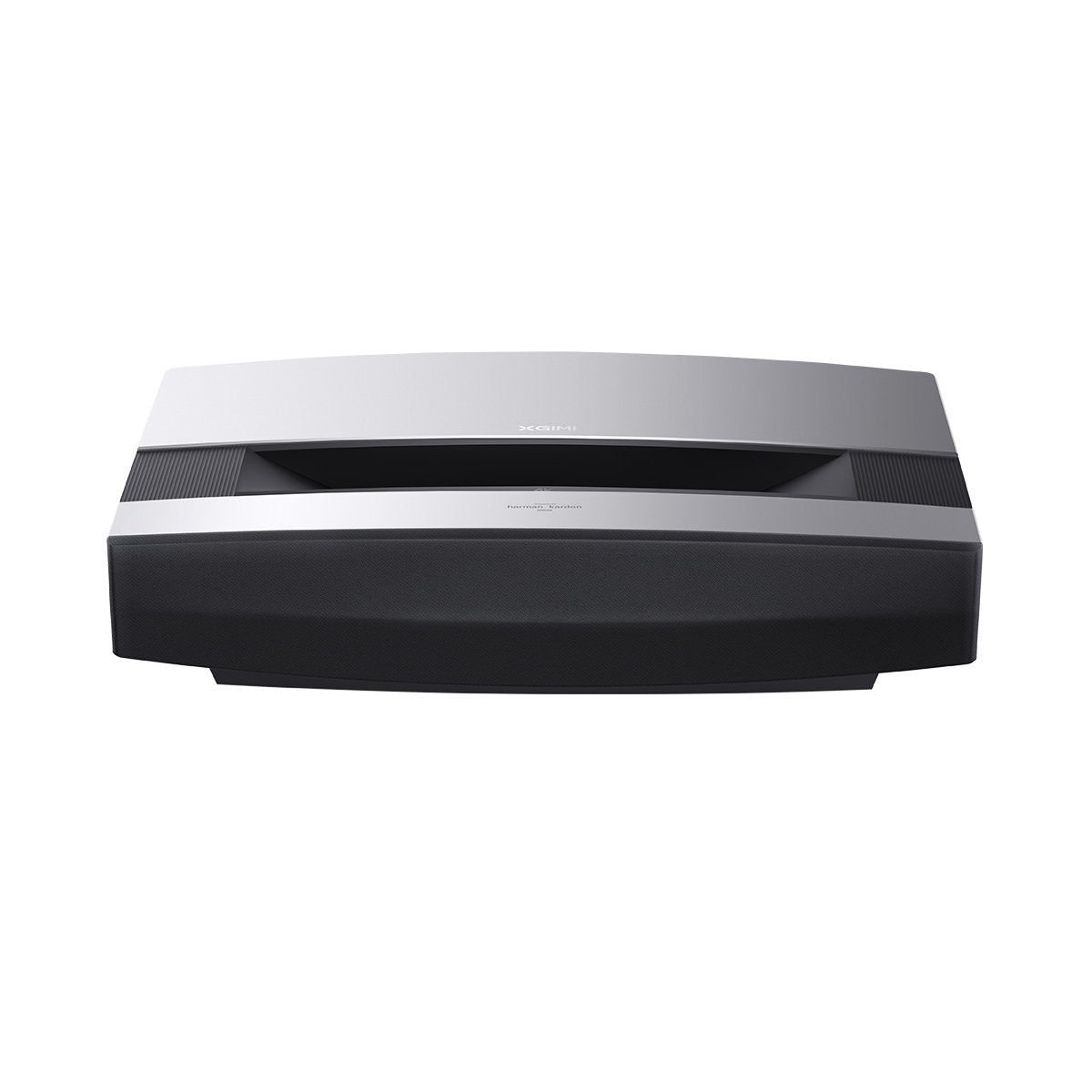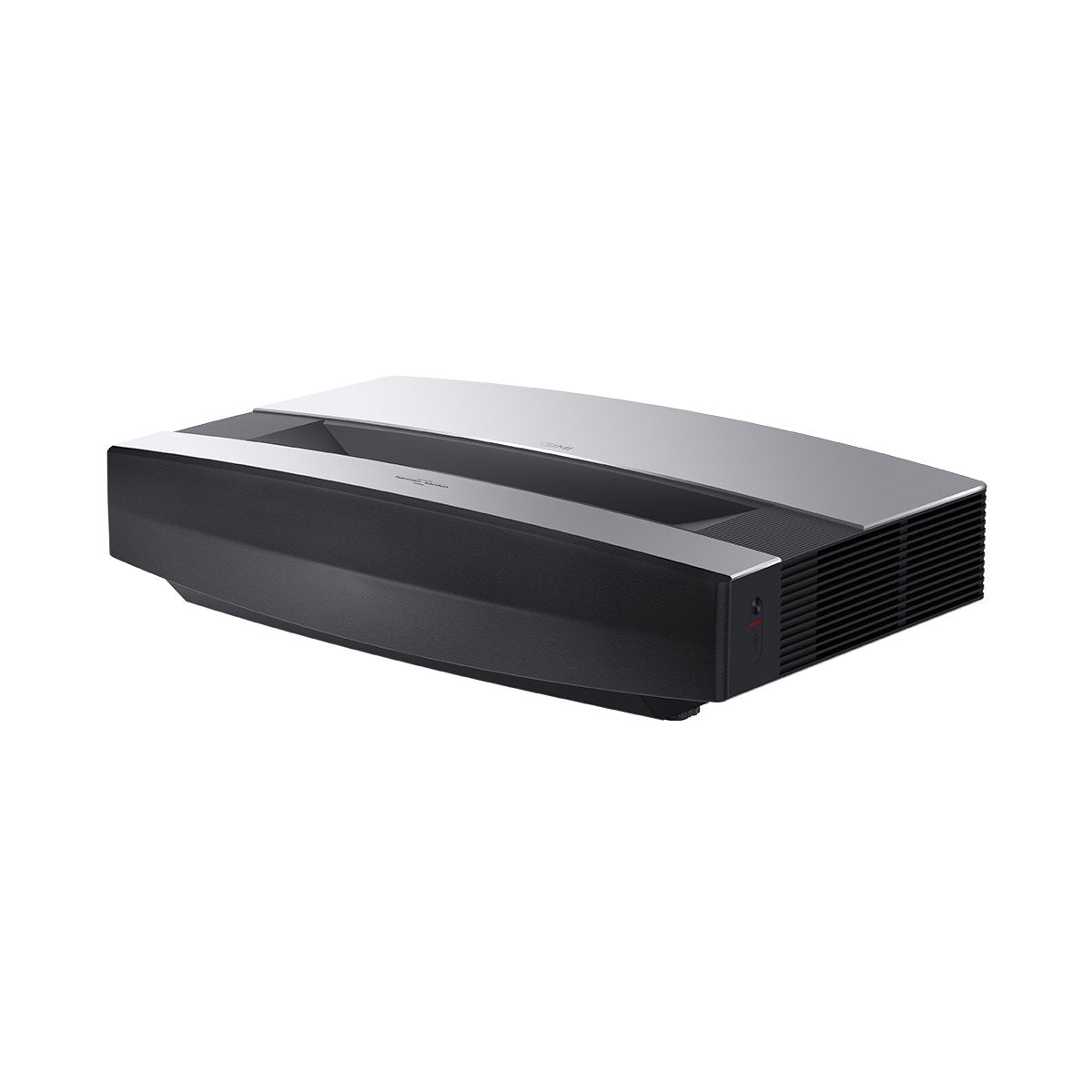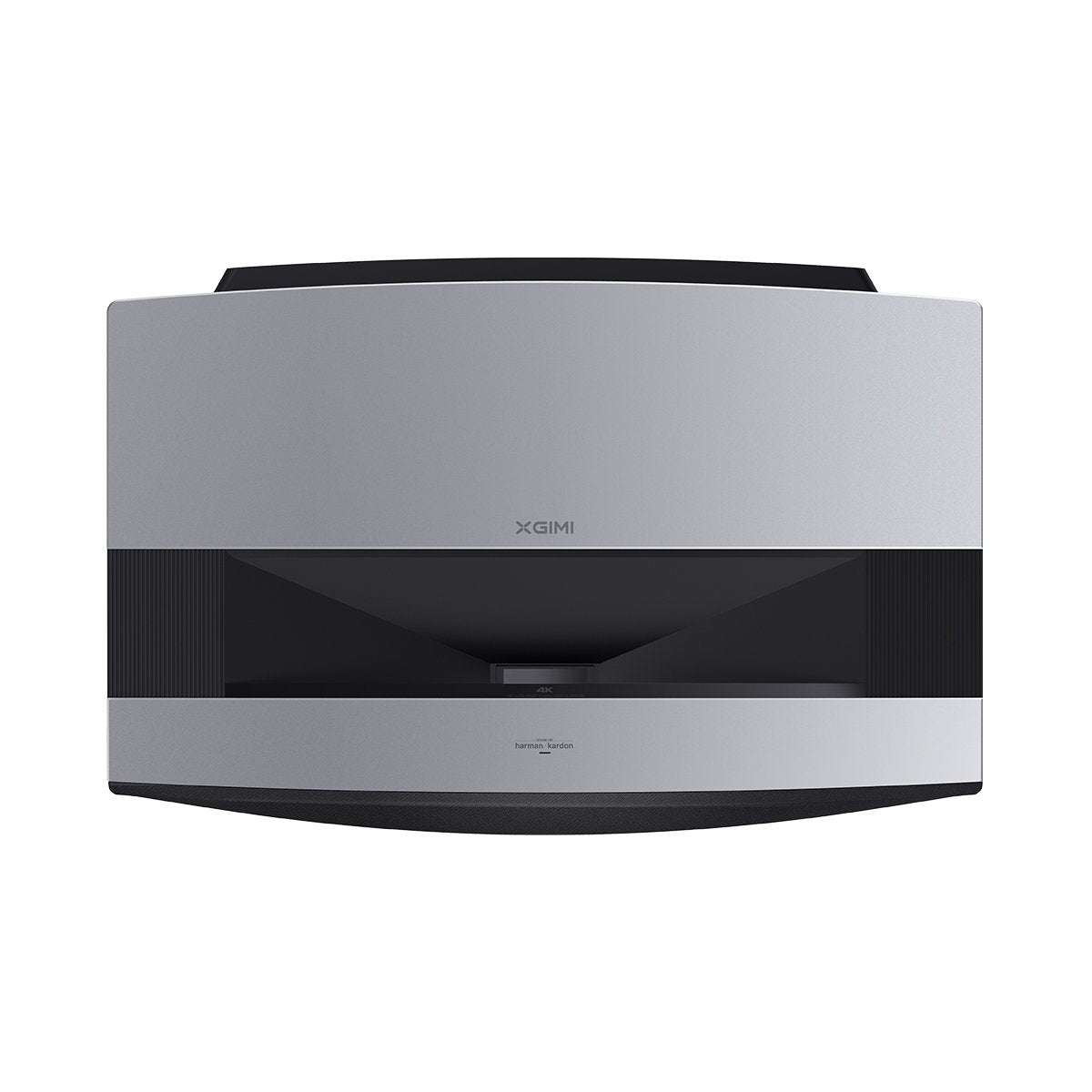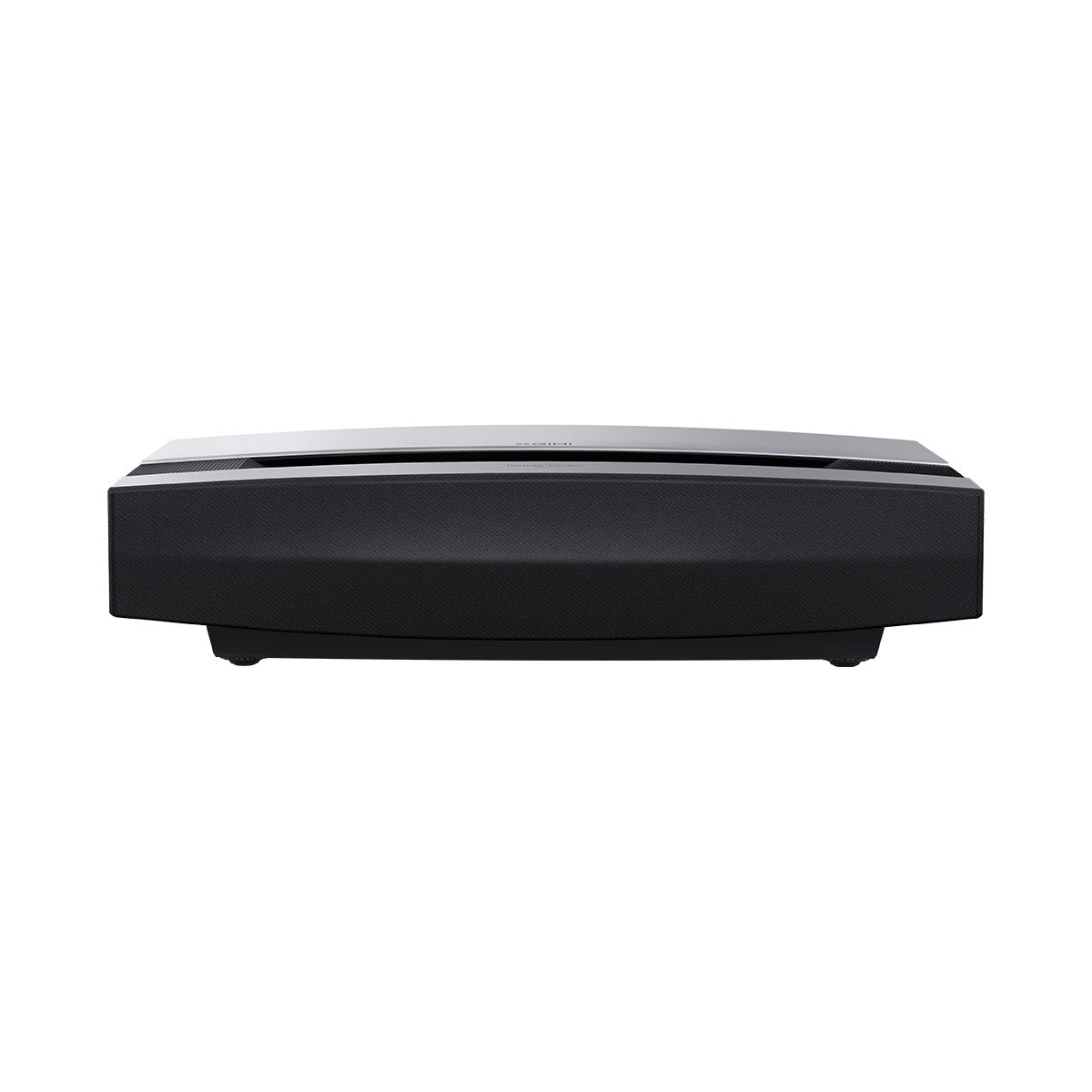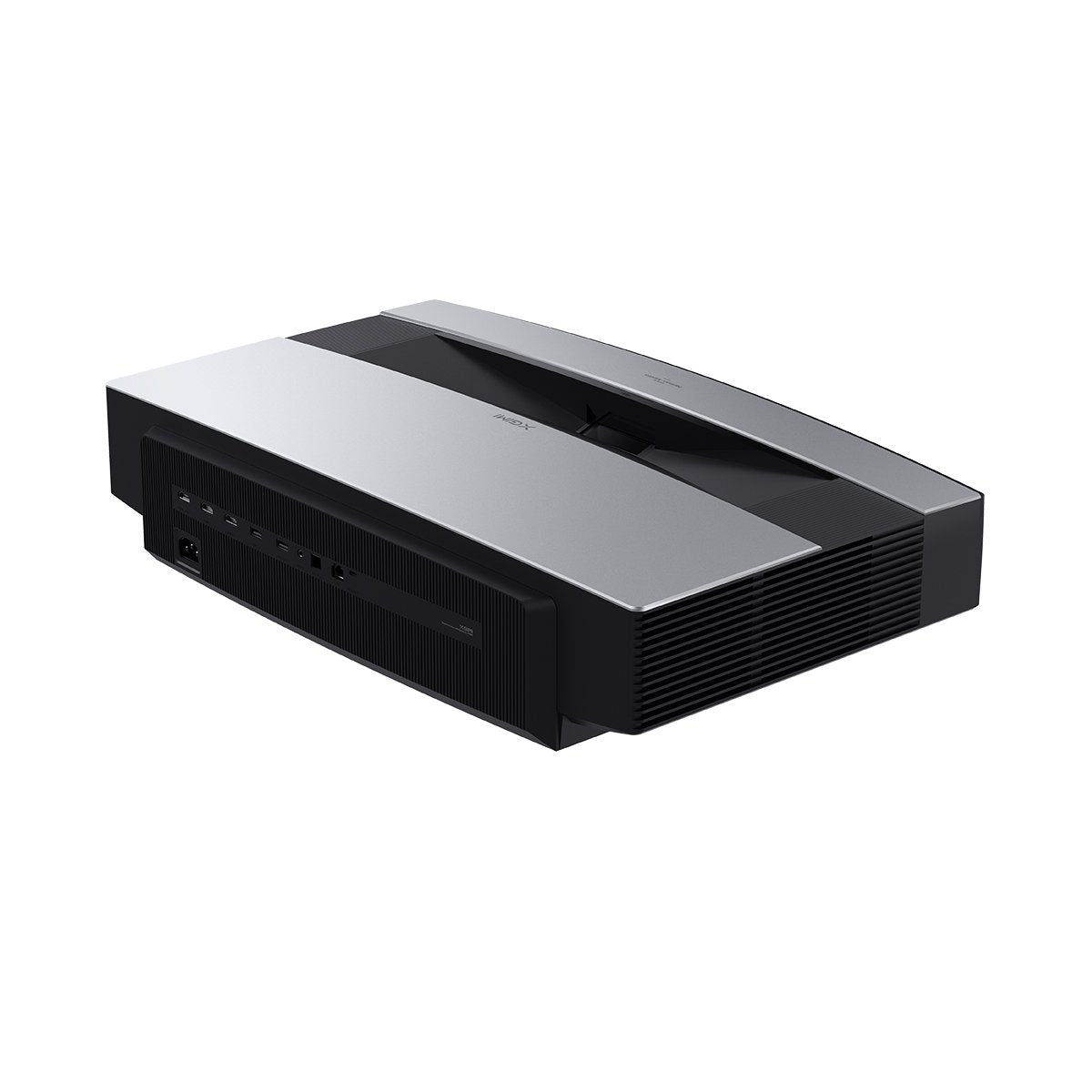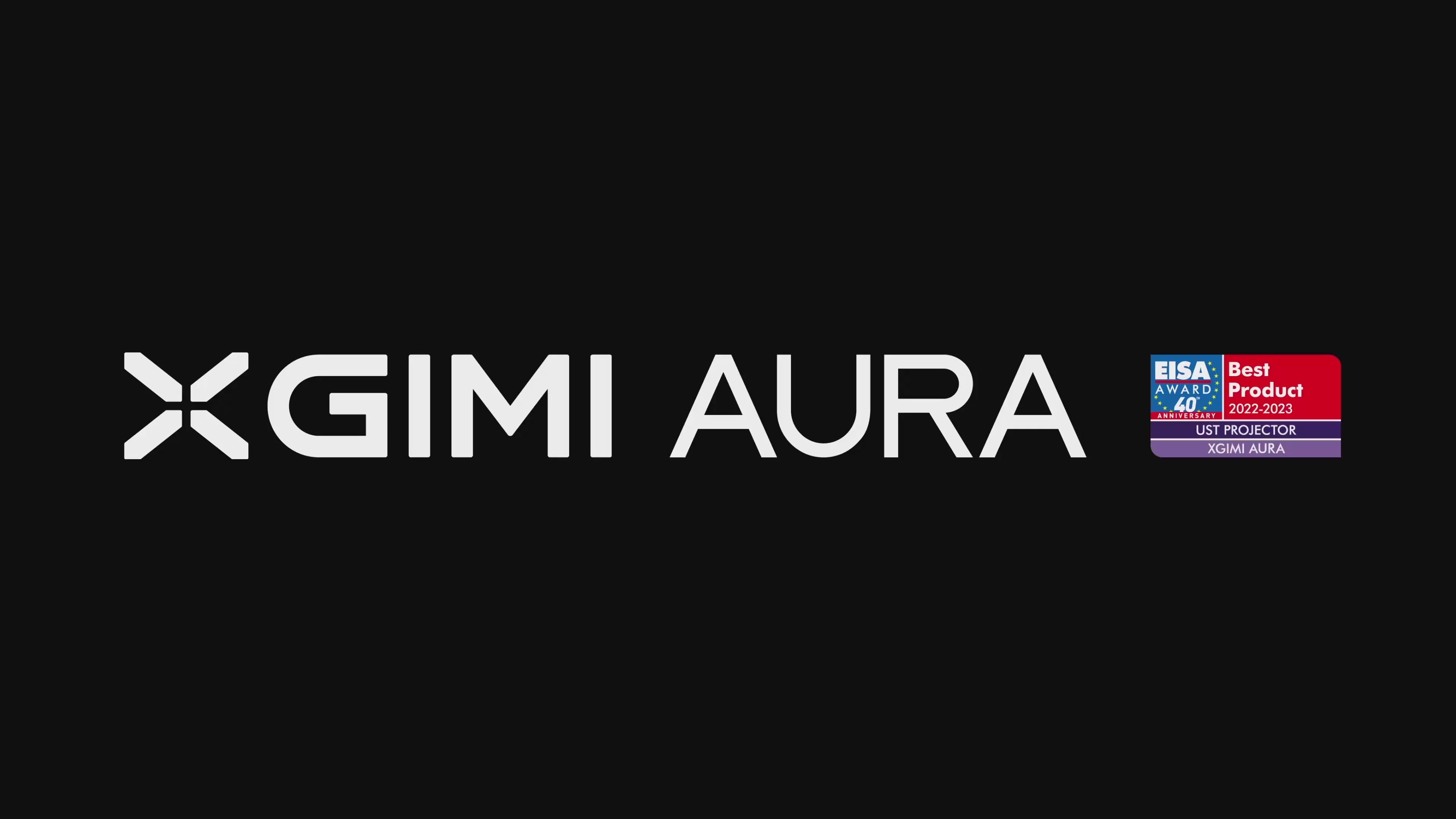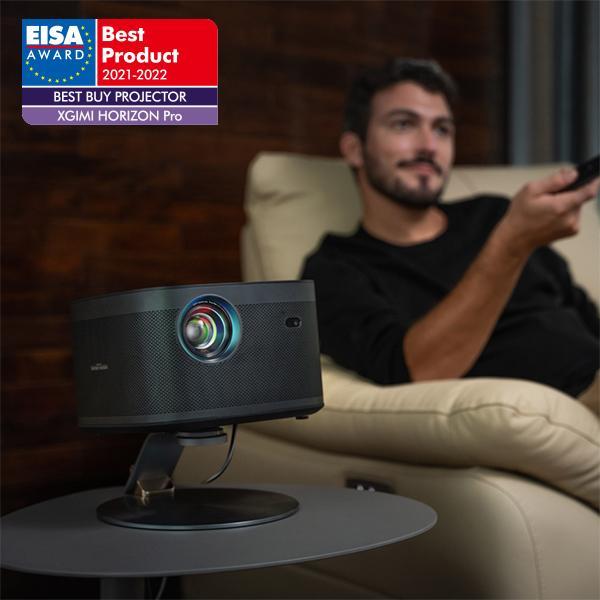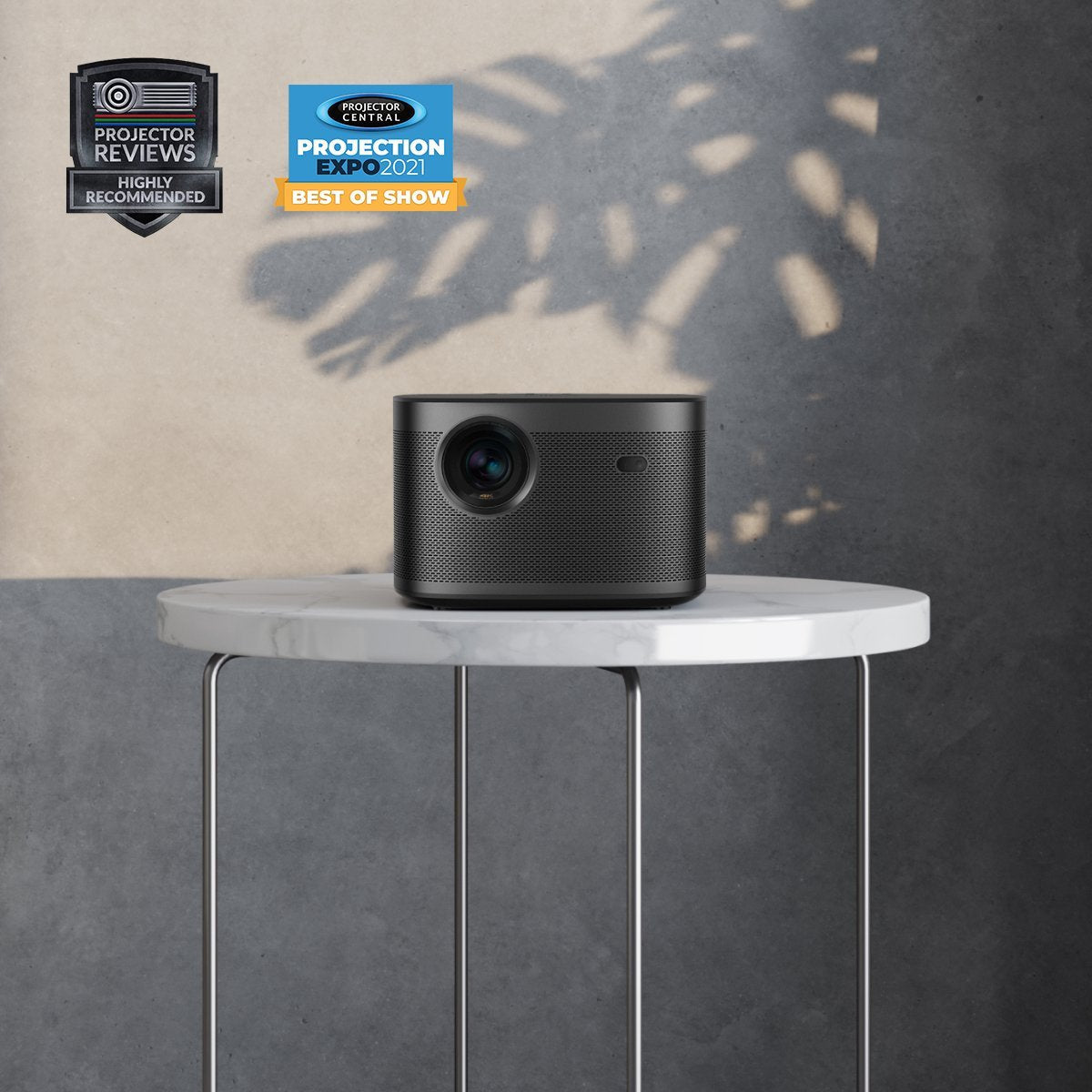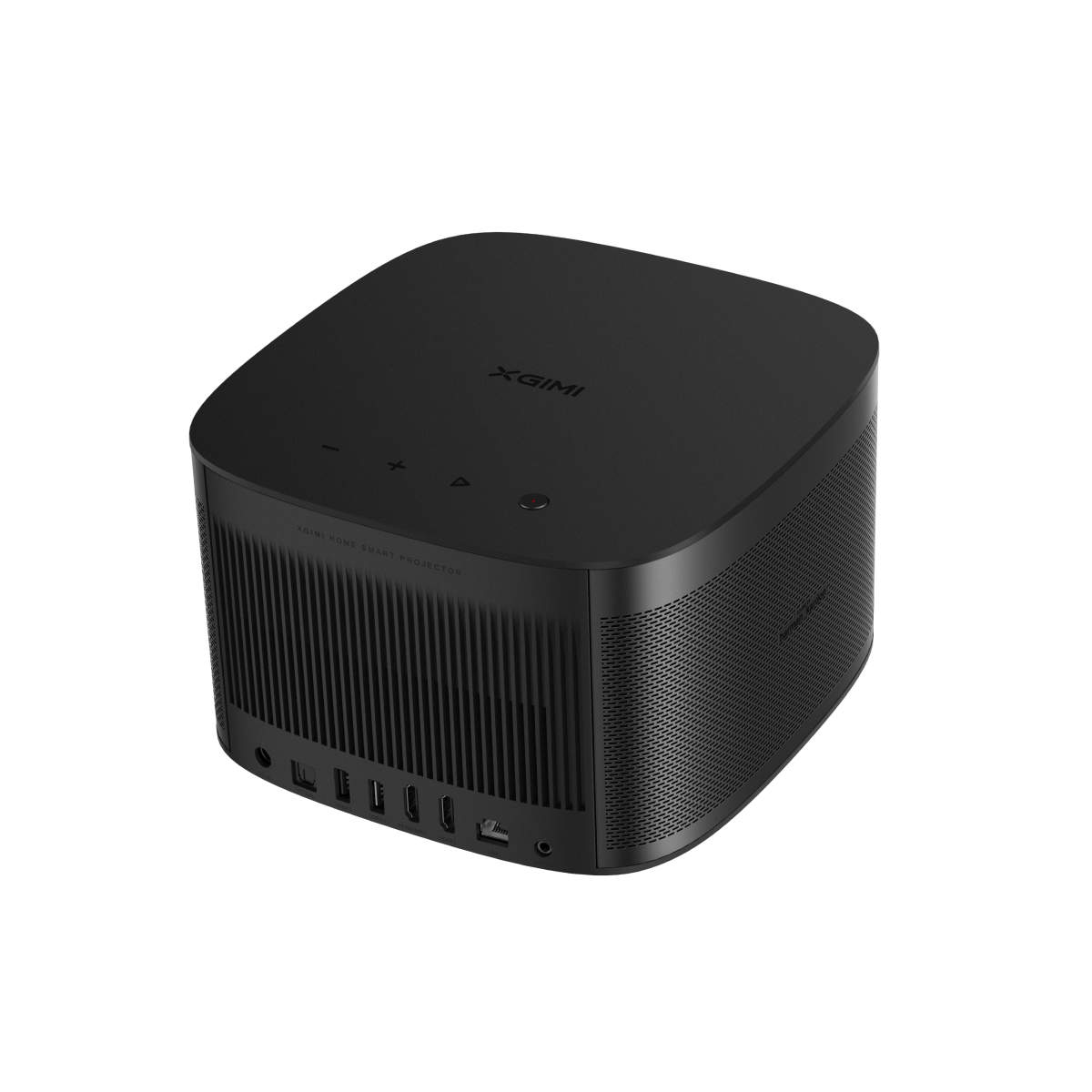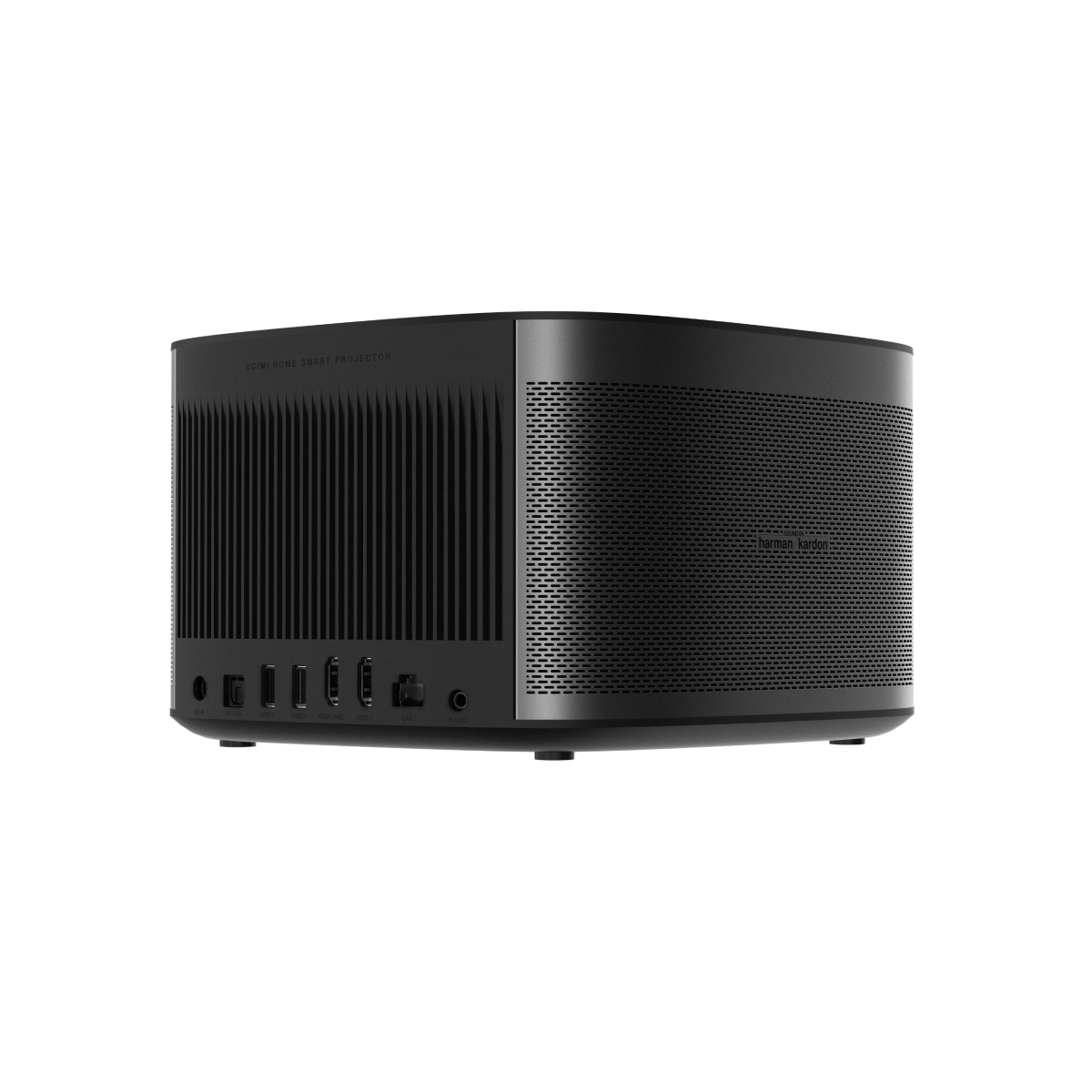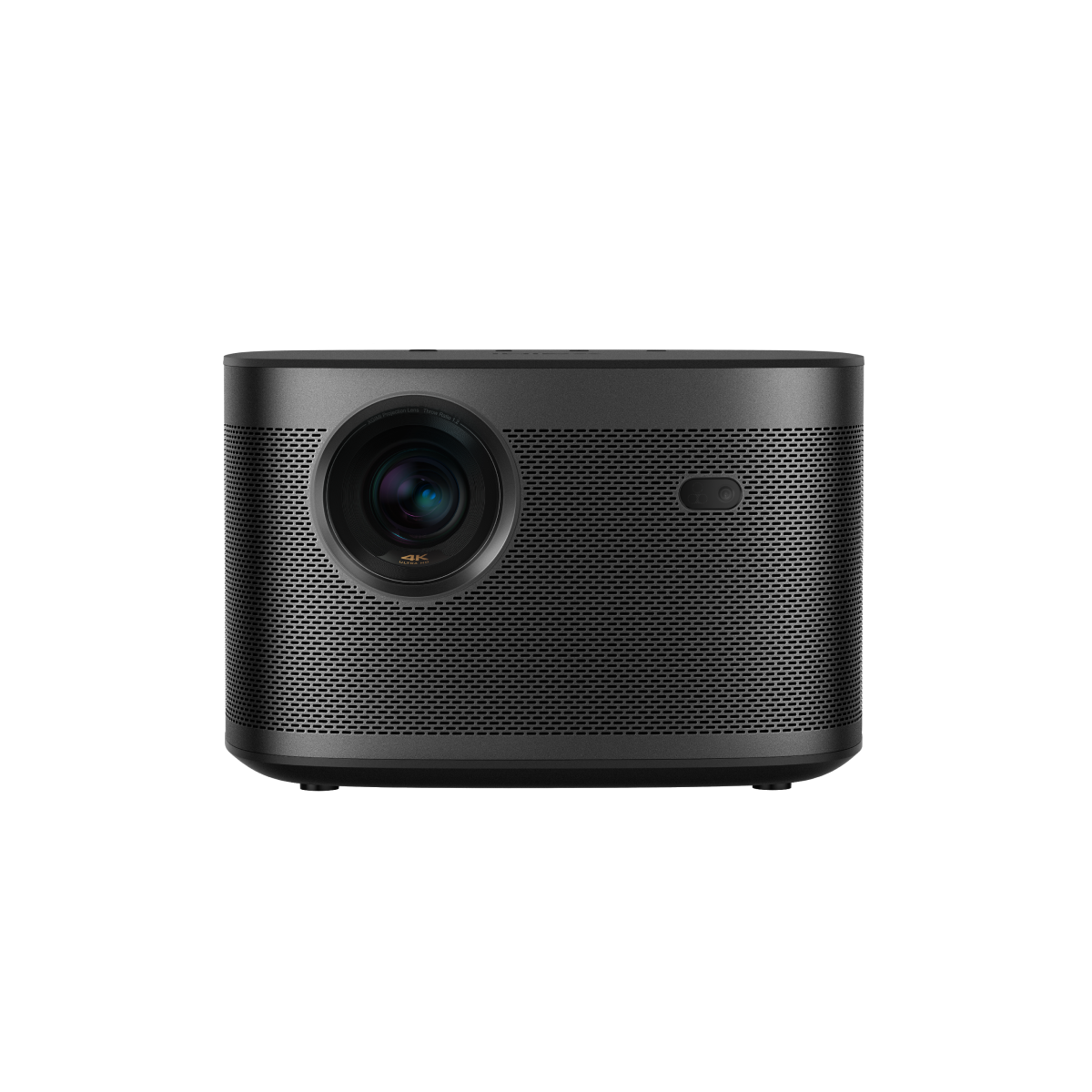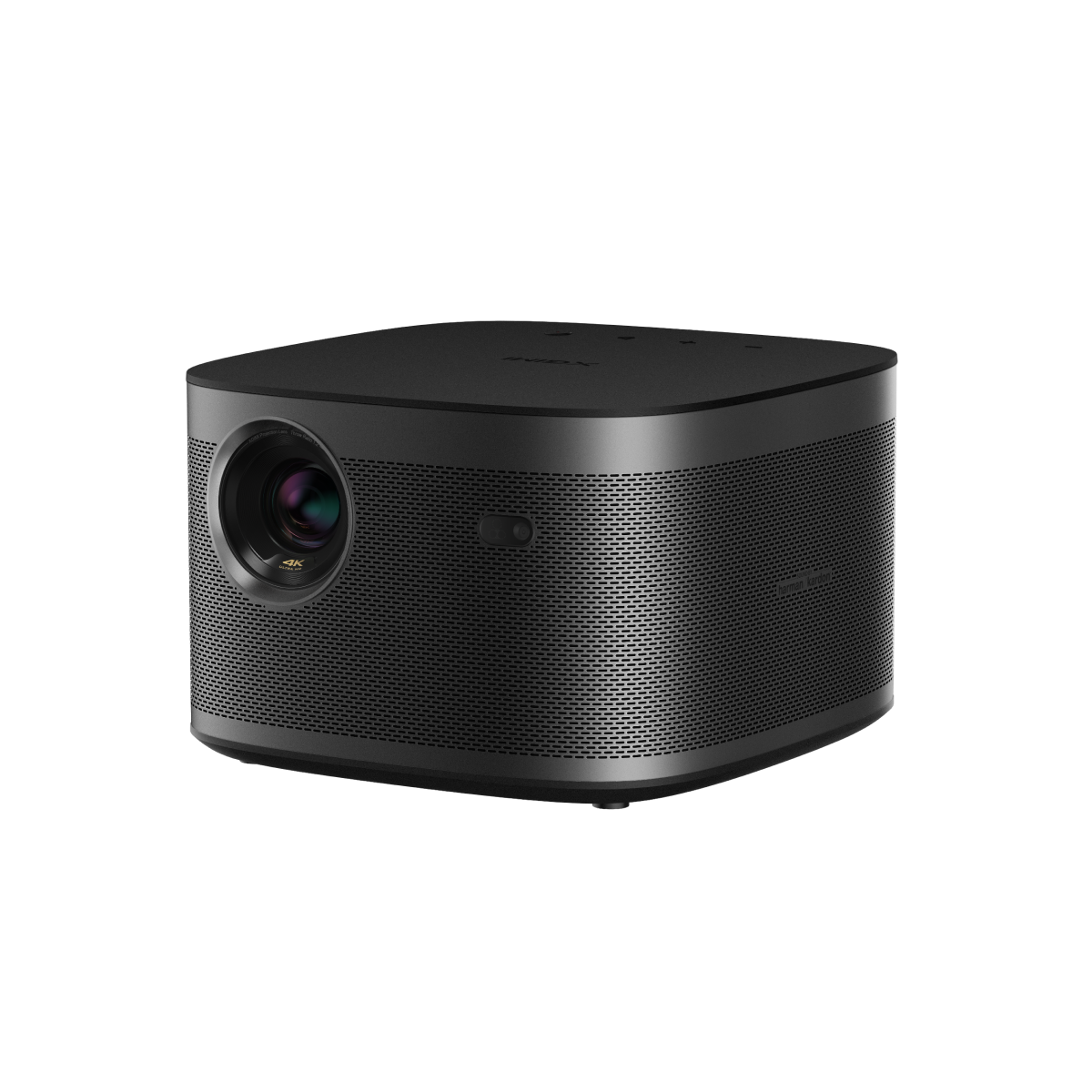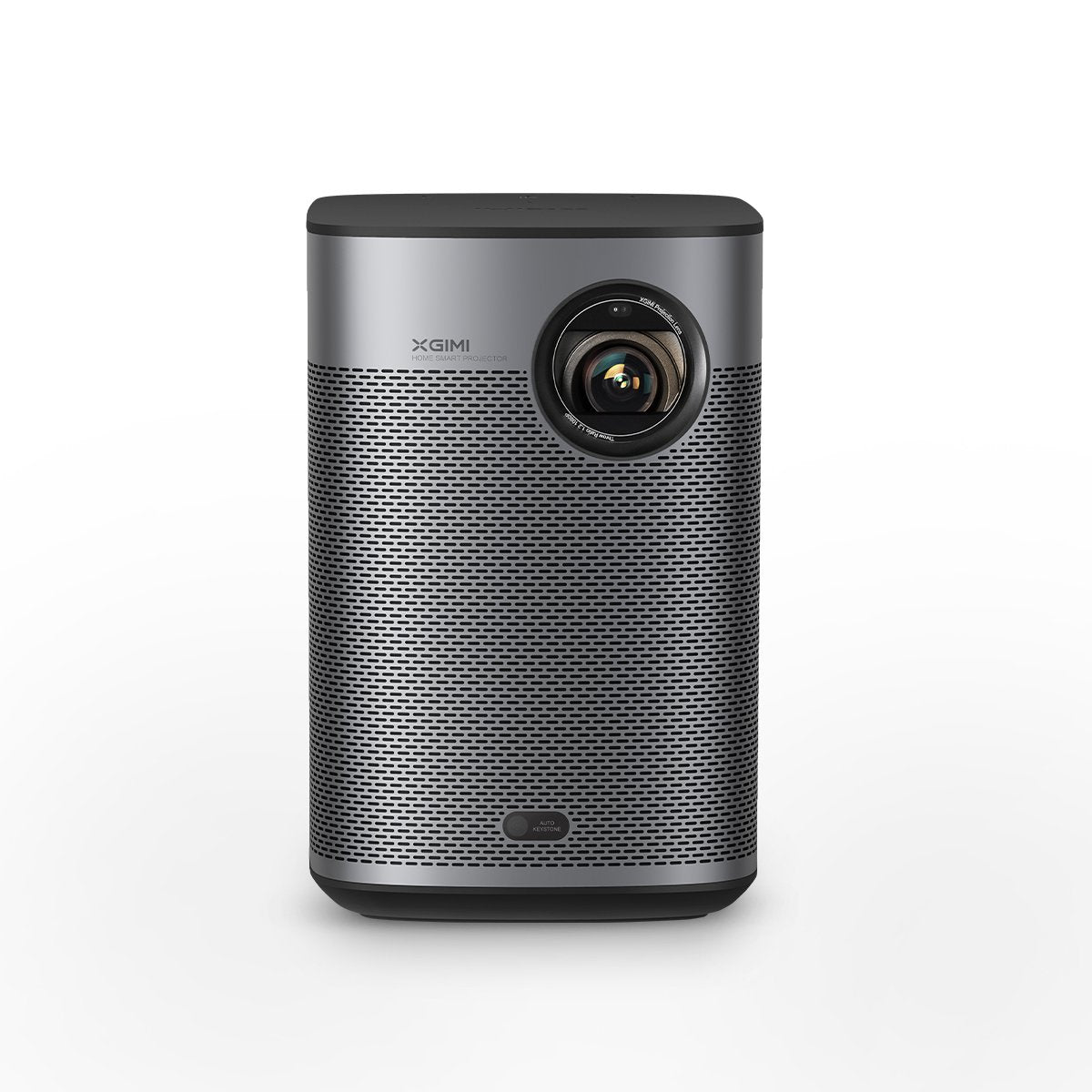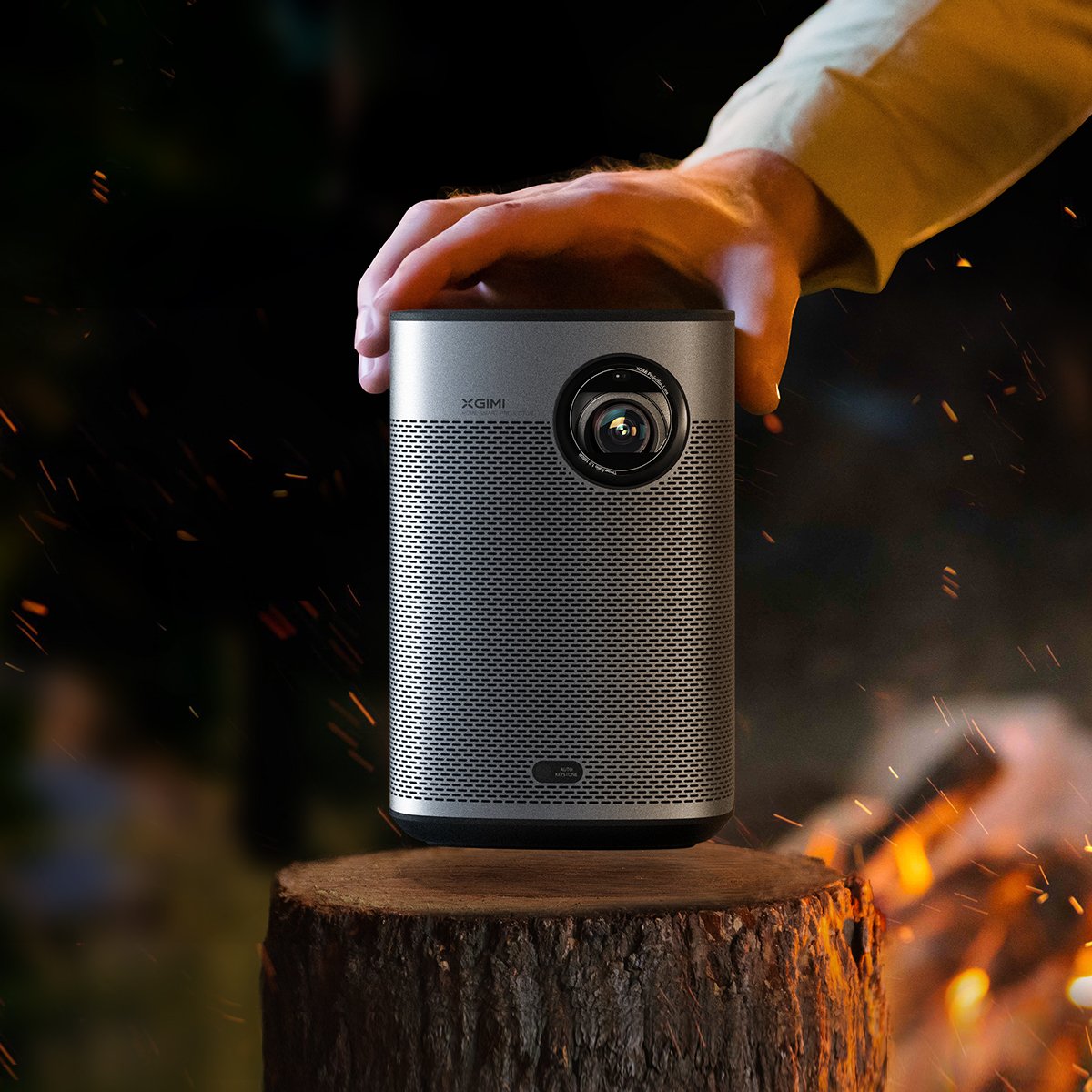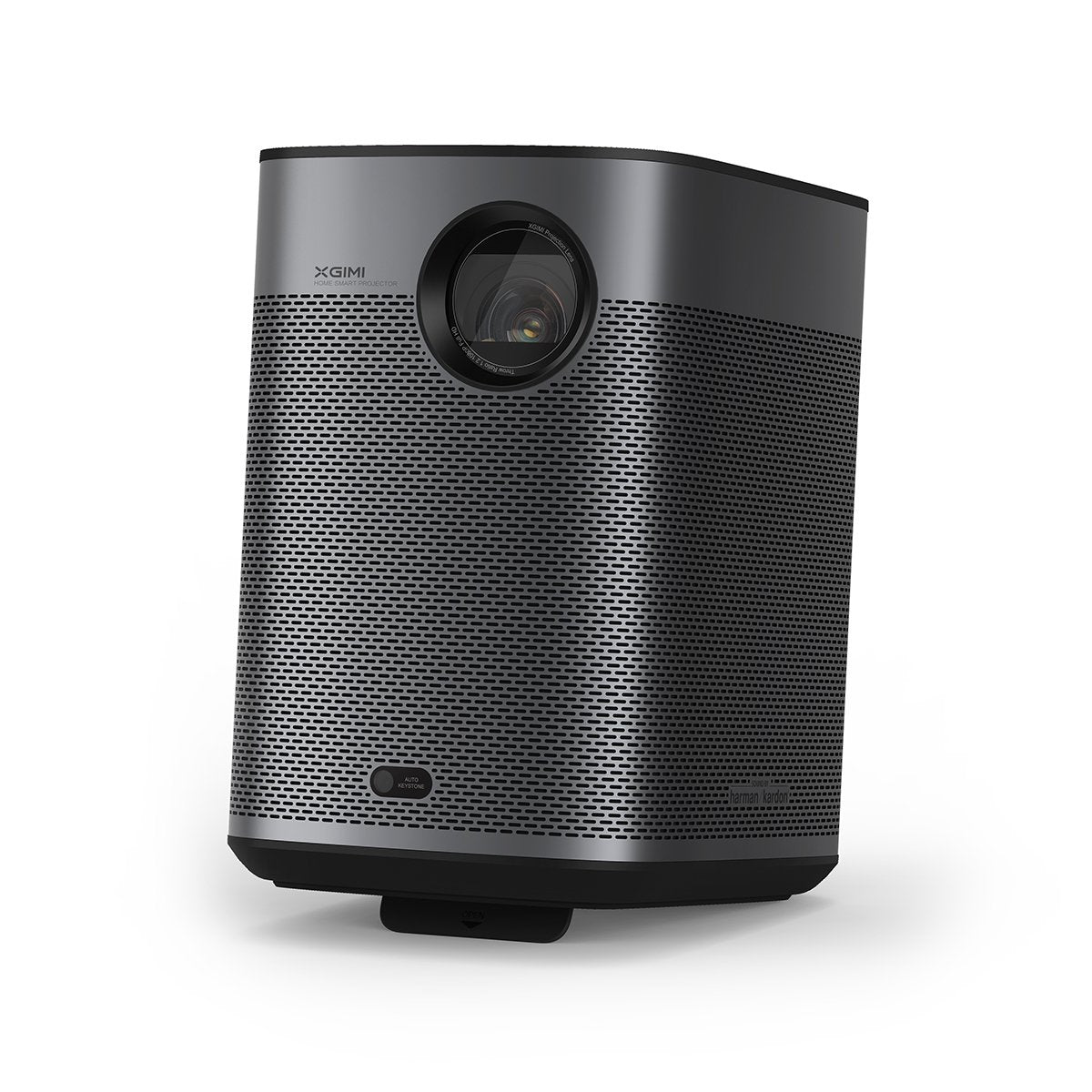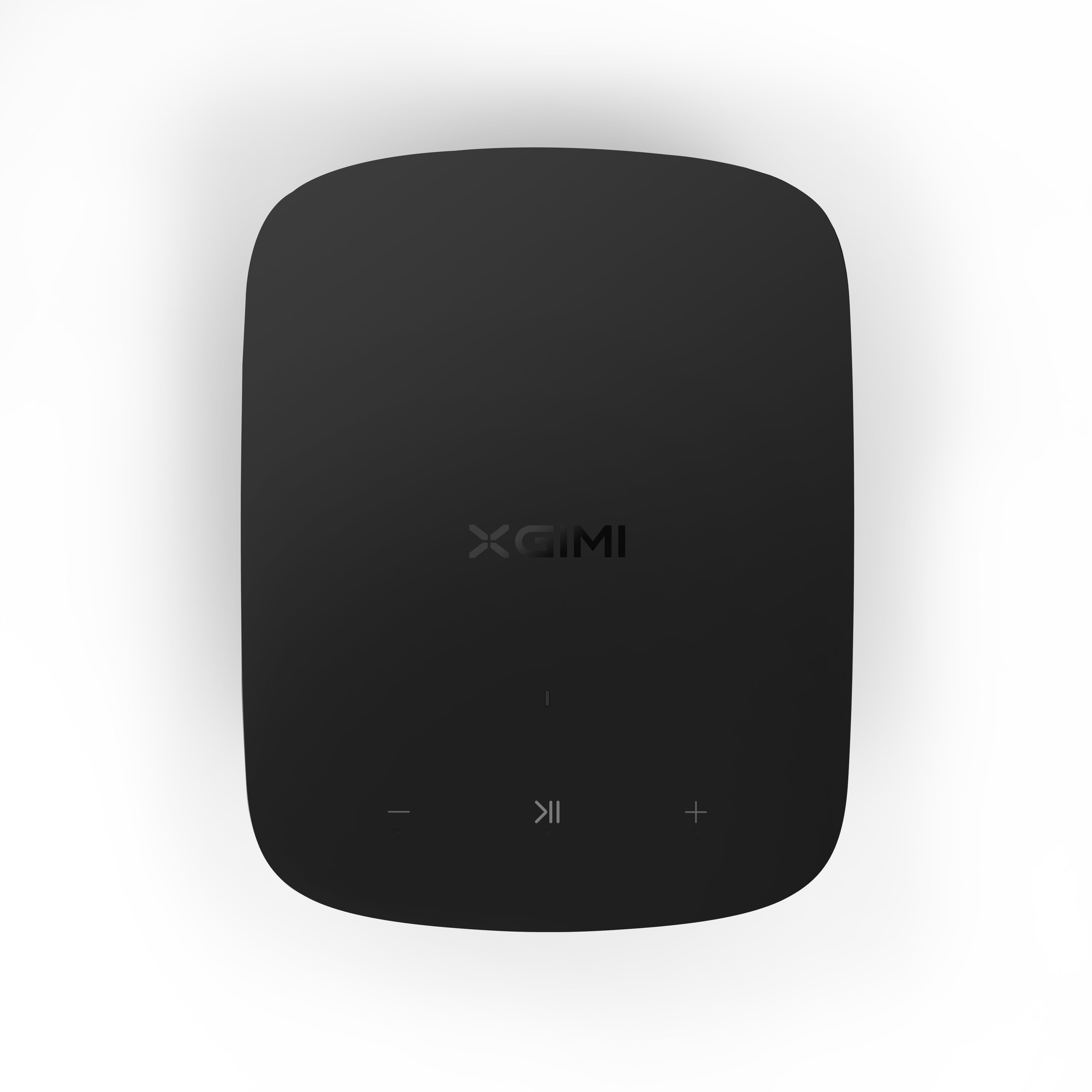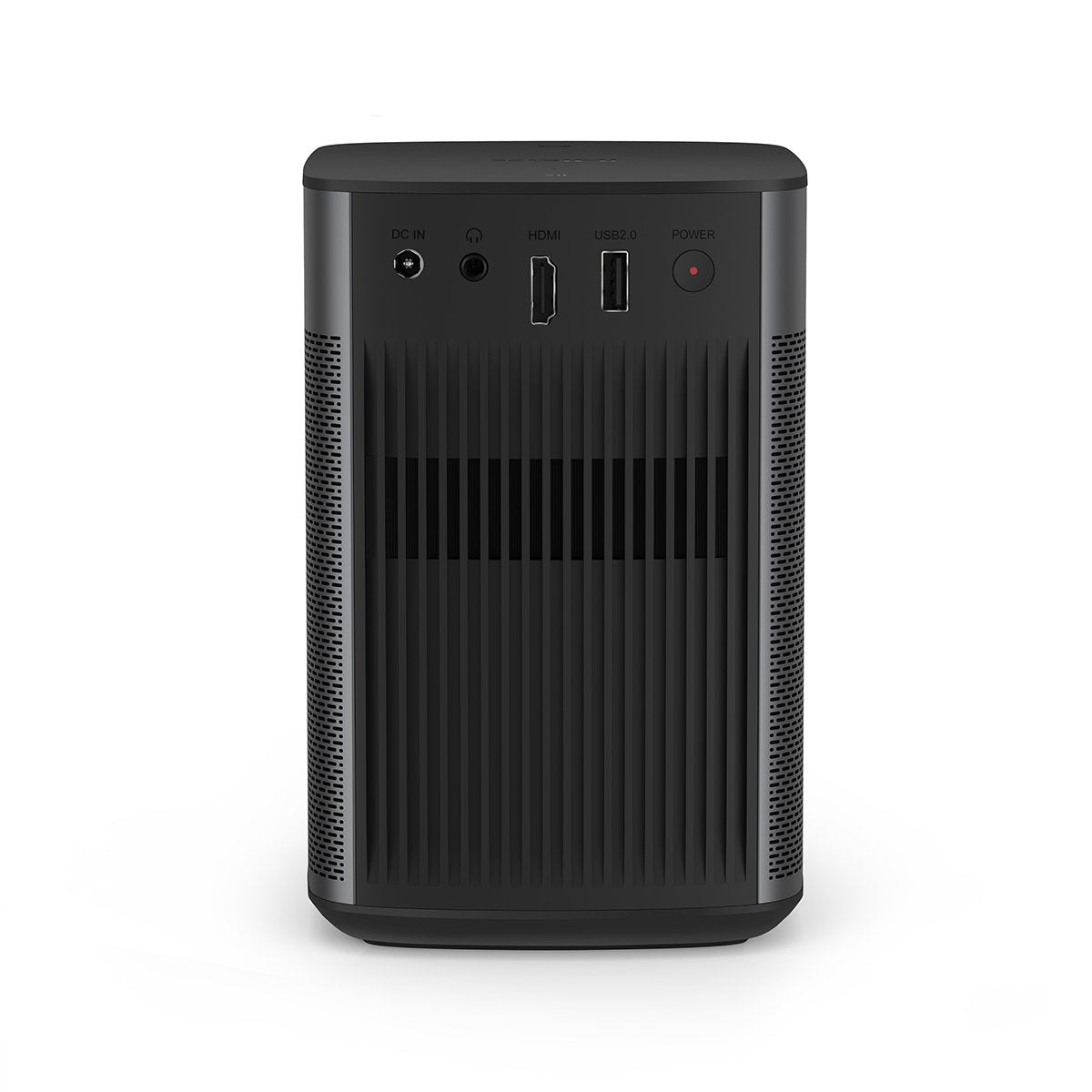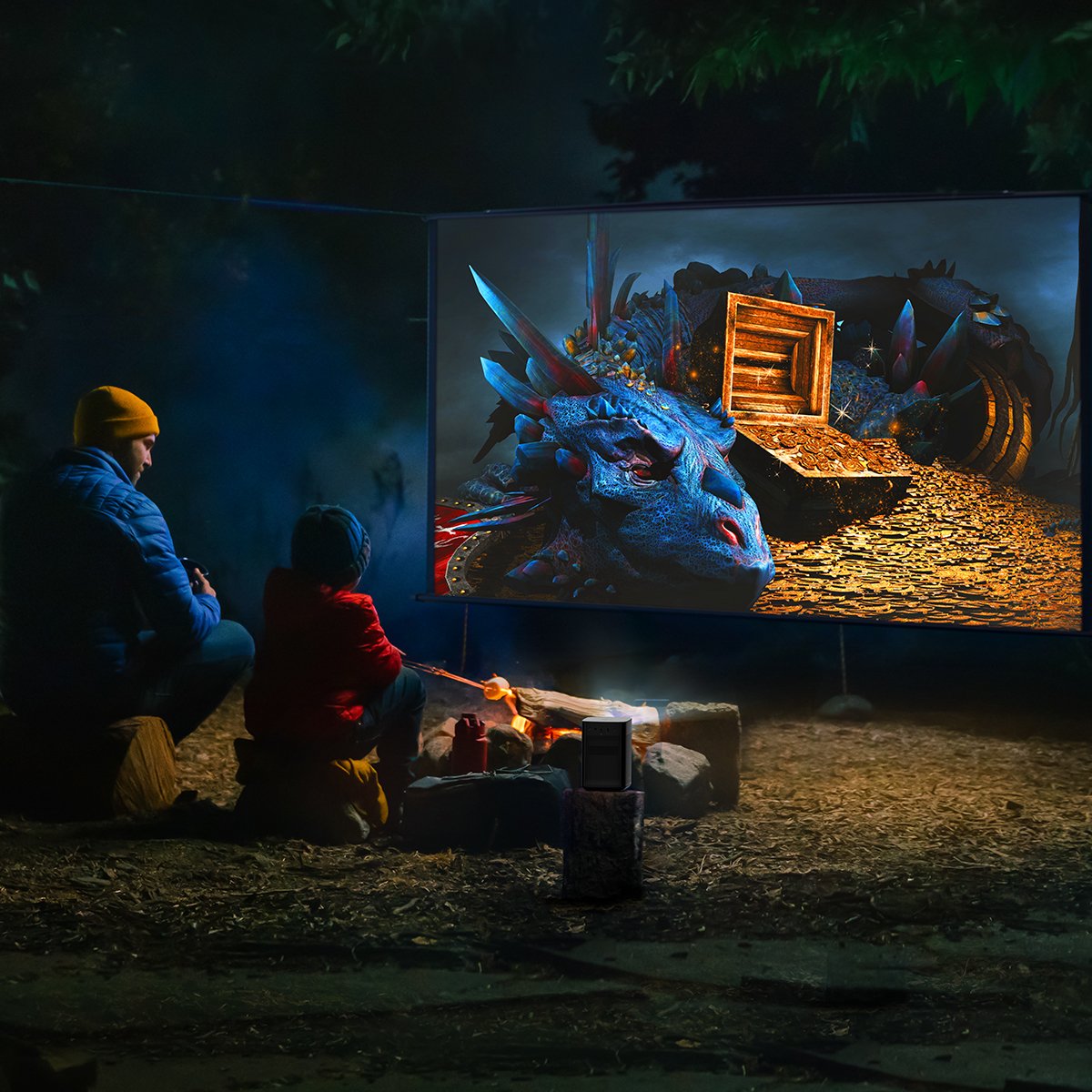Choosing The Ideal Projector Screen
By XGIMI Tech - 2021-11
A projector screen is any surface onto which a projector can cast images. The screen on which you intend to watch your projected content is a vital part of the entire setup, as it can ultimately determine the quality of your experience.
Generally, projector screens (curtains) are ideal for indoor and, mostly, outdoor projector use. Screens are also a common accompaniment of projector setups. Another common projecting surface is a wall— usually smooth plain-white surfaces.
Also, there are other do-it-yourself projector screen solutions. Some have been known to use a clean sheet as a projector screen, although the downside is that it may take longer to set up, as you would need to find a way to hang it to avoid folds, movements, and wrinkles. The bodies of vans have been used by people on outdoor camping trips, or on movie nights in the backyard. Projector paint also lets you turn most surfaces into a projector screen, and the upsides are numerous. You can apply the paint on blank surfaces, and they give an excellent viewing quality just like a projector screen. The downside is that they ultimately cost just as much to buy and take longer to set up.
Other custom projector screen options include wrapping papers, window blinds, and even a wardrobe. These options largely cost less to set up than projector screens, but the latter deliver a better viewing experience most of the time. The most common options remain a projector screen (curtain) and a plain colored wall.
Projector Screen (Curtain)
Curtains rank as the most common projecting surfaces today. They are best suited to outdoor projectors, which usually have lower brightness than home projectors, and would lose most of their display quality if projected onto a wall. Projector screens reflect color better in these circumstances (outdoor, in areas where you do not have absolute light control) and will give you better viewing quality than a wall.
Screen (Curtain) Vs. Wall— Why You Should Use A Screen
Screens have a stronger case than walls as far as ideal projecting surfaces are concerned. For starters, projector screens reflect color better than plain painted walls. You get a more detailed and lifelike color display when you project onto a screen— clearer, sharper, and more accurate. Image texture, sharpness, and detail will most likely be sacrificed if you project onto a wall instead.
Projector screen colors are of two popular varieties— plain white or gray. White screens are more common compared to their gray-colored counterparts, as they are more readily available. White is regarded as the best wall color for projectors. In enclosures where you can achieve absolute light control, i.e., where there is a single and common light source without interference, white screens perform better than gray ones. In viewing rooms or setups that are not entirely dark, gray screens boost contrast on digital projectors and absorb ambient light, which hits it better than a white screen. However, if you project on gray screens, you may experience less vivid pictures, darker whites, and even blacker blacks.
Another aspect where screens have the upper hand over walls as projecting surfaces is brightness. Projector brightness generally determines the image brightness, and home projectors are known to have brighter outputs than outdoor projectors. Yet, the quality of the projecting surface also affects the image brightness. White and gray screens, which are the most readily available for purchase, greatly reduce image brightness depreciation, compared to a wall.
Projector Screen (Curtain) Mini Buying Guide
There are a handful of important factors you need to mull over before you buy a projector screen, and each one is as important as the next if you hope to have an excellent viewing experience.
- Budget: The prices of projector screens vary based on several factors like brand name, projector screen material, framework (e.g., tabletop projector screen), and screen size. Higher-priced screens tend to give better quality, yet, price does not always equate to value. Most home cinema screens cost between $400 to $4000.
- Projecting Location: If you intend to use the screen with a portable projector for camping trips, you should settle for floor standing or floor-mounted screens, or retractable projector screens that can be stored easily. If the setup is meant to be indoors, ceiling-mounted projector screens or floor-standing screens are ideal.
- Size: Projector screens are of different sizes, and your choice of the screen will depend on the intended activity. For small spaces like a living room or a private cinema setup, screen sizes between 100 inches to 150 inches should be ideal. If you have a larger venue and audience, bigger screen sizes (150+ inches) would give a better viewing experience.
- Screen Material: Projector screens are made of different materials, some are more convenient to store than others, and they all have varying reflective capabilities. The best projector screens are made from vinyl or spandex. High-grade plastic, polyester fabric, canvas, PVC, rubber, and fiberglass are other materials used to produce projector screens.
- Storage Convenience: You should also consider if the projector screen is convenient for storage. However, if you choose a curtain that can be rolled up, it may result in the formation of curls and wrinkles on the screen.
Common Types Of Projector Screens
There are two main types of projector screens available— fixed frame and retractable projector screens.
- Fixed frame screens are usually mounted on the wall, and stationary. These types of projector screens are common in home theater settings. For ultra-short-throw projectors, fixed frame screens are highly recommended.
- Retractable projector screens can be folded up or down like window blinds when not in use. Retractable projector screens are either ceiling mount screens, which retract upwards, or floor-mounted screens, which retract downwards.
Projector Screen Materials
Typical projector screens can be made with blackout material, plastic, or fabric. Blackout material maintains a good balance between contrast and high fidelity color. On the other hand, plastic is difficult to fatigue, especially the white ones, while the fabric material is easy to wash and maintain.
Four Steps To Choosing A Projector Screen
- Determine the screen size. Consider the size of the room, the number of people that make up the audience, and the setting— larger screen sizes for larger venues.
- Choose the aspect ratio— 16:9 is the standard for home theaters, while 16:10 is widescreen.
- Choose the screen material.
- Pick the screen type— whether ceiling-mounted, floor-mounted, or tabletop screen.

Choosing A Suitable Wall
Projecting onto walls has notable downsides. Image quality and image brightness will be adversely affected if you choose a wall over a screen, but using a wall is ultimately cheaper, easier to set up, and is a go-to option if you want to set up as quickly as possible.
Yet, not all walls are suitable for projecting onto. If a wall isn't smooth, you will see tiny shadows here and there on the projected image. Hence, the wall you intend to use must be as smooth as possible. If you already have your home decor all done, look for the most suitable space on your walls. Plain walls should suffice, and some people also paint the wall space. Regular white paint is suitable and cost-effective. You can also use projector paint for the walls, although it is costly. Projector-painted walls reflect light more accurately and efficiently, almost as good as a standard projector screen.
It would help your line of vision and concentration if you had a frame around the painted area, separating it from the rest of the wall, something akin to borders.
Product Recommendations
XGIMI AURA:
This 4K ultra-short-throw laser projector delivers laser-powered UST projection. XGIMI AURA comes with 4K UHD resolution, 1800 ISO Lumens for image brightness, X-VUE 2.0 image engine, 60Hz motion compensation technology (MEMC), Harman Kardon speakers, and 20,000 hours laser lifespan. XGIMI AURA is most suitable for large room spaces as it projects a 120" image from 11.7" away.
XGIMI HORIZON Pro:
The XGIMI HORIZON Pro is a 4K long throw home projector fitted with 1500 ISO Lumens, ISA technology— for auto keystone correction, auto obstacle avoidance, autofocus, and intelligent screen alignment— 4K UHD display, 8W Harman Kardon speakers, X-VUE 2.0 image engine and MEMC technology. HORIZON Pro's 1500 ISO Lumens brightness ensures excellent image color and less interference from ambient light.
XGIMI Halo+:
This XGIMI 1080p portable projector is fitted with ISA technology, an FHD display, smart screen adaptation technology, 700 ISO Lumens for excellent image brightness and color, X-VUE 2.0 image engine, MEMC technology, and sound from Harman Kardon. XGIMI Halo+ is an excellent choice if you need a portable projector for camping as it is small, easy to move around, suitable for setups in small spaces, and features high ISO lumen.
Conclusion
Projector screens or walls are good projecting surfaces, each with its distinct advantages and drawbacks. Standard projector screens (curtains) are ideal options, especially in outdoor setups, and generally give the best viewing experience. They can be rather expensive if you are on a low budget, and setup may take some time.
Walls come cheap, especially if you choose not to use the projector paint option. Using a wall as a projecting surface is fairly easy to set up, and takes no time at all, compared to regular projector screens. However, walls do not produce excellent projected images when compared to screens, due to their texture.
Whether you choose to use screens, walls, or DIY alternatives, the quality of your projector still has the most significant impact on the overall viewing experience. XGIMI AURA is highly recommended for short-throw projection onto walls, XGIMI HORIZON Pro is a highly recommended long-throw home projector option, while the XGIMI Halo+ is a portable projector suited for camping trips, is easy to move around, and gives a pleasant viewing experience all-round.
XGIMI also offers three projector stands that are compatible with various XGIMI projectors.
Related Products
Enjoy £10 off Your Next Purchase
Be the first to know about any news and sales!
*By subscribing, you agree to receive XGIMI's marketing emails and XGIMI's Privacy Policy.

